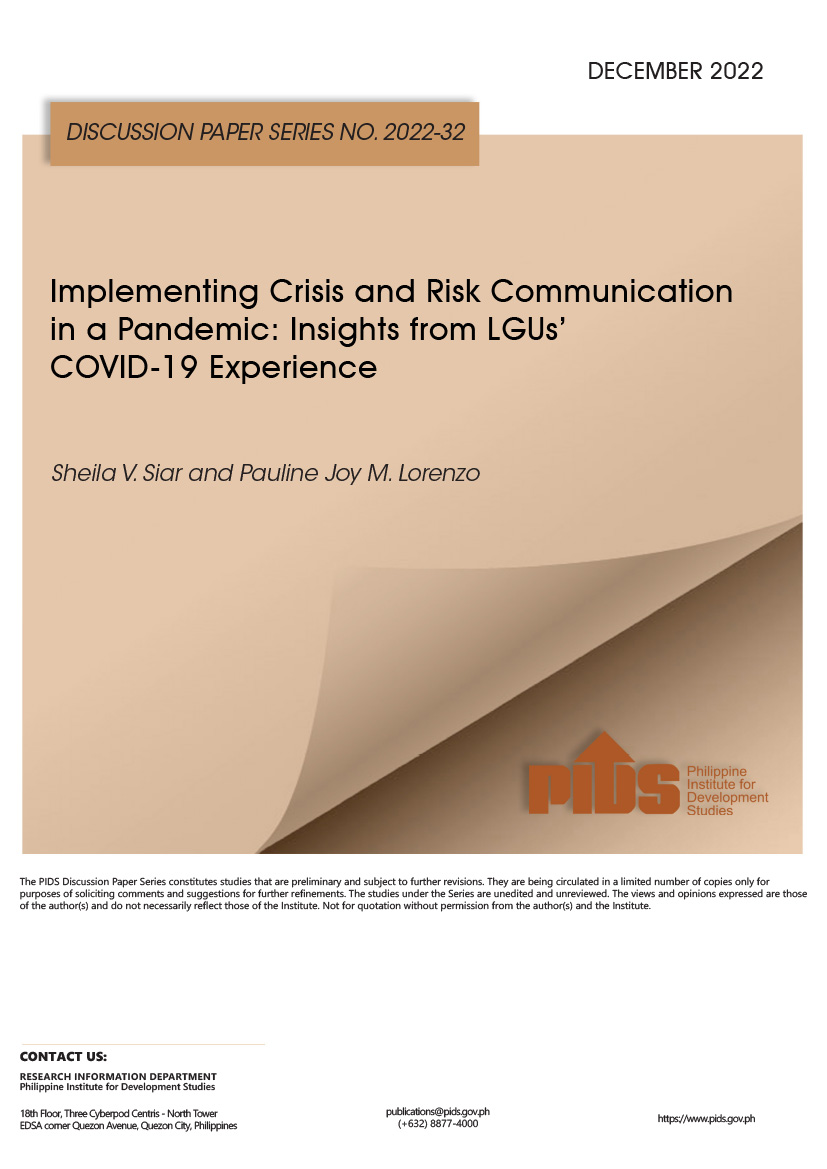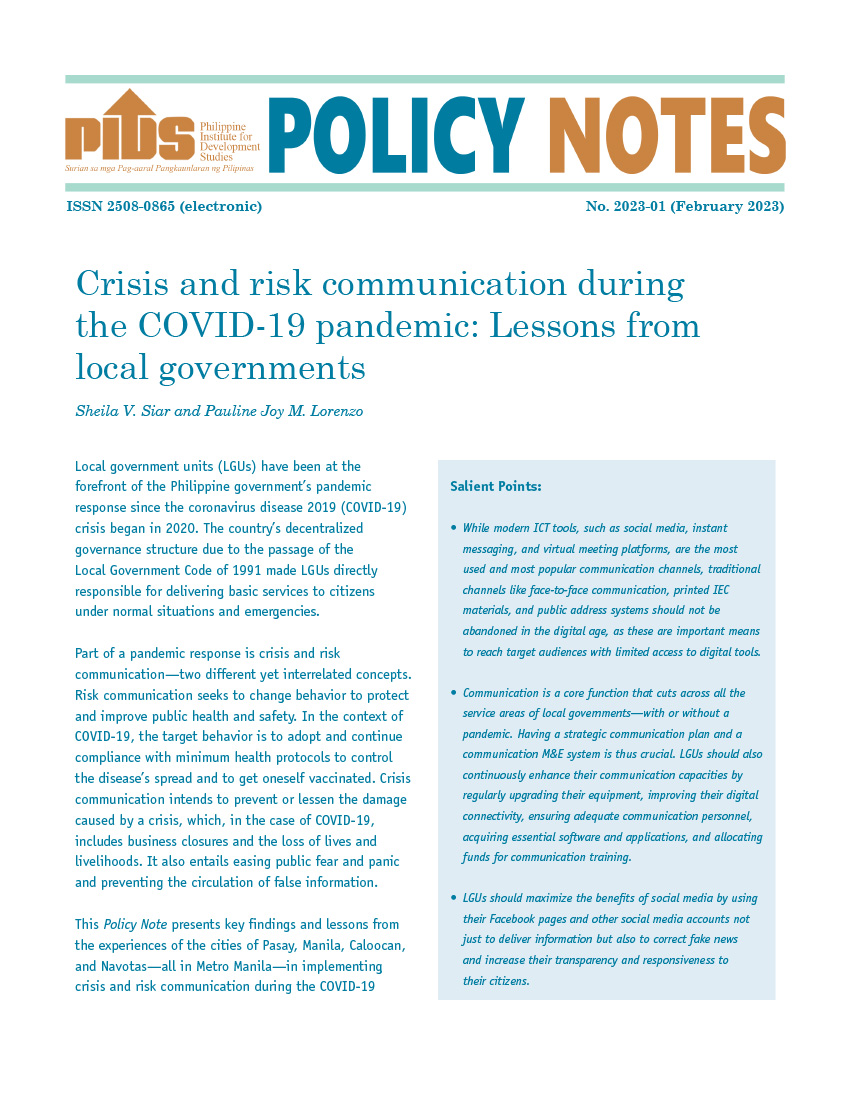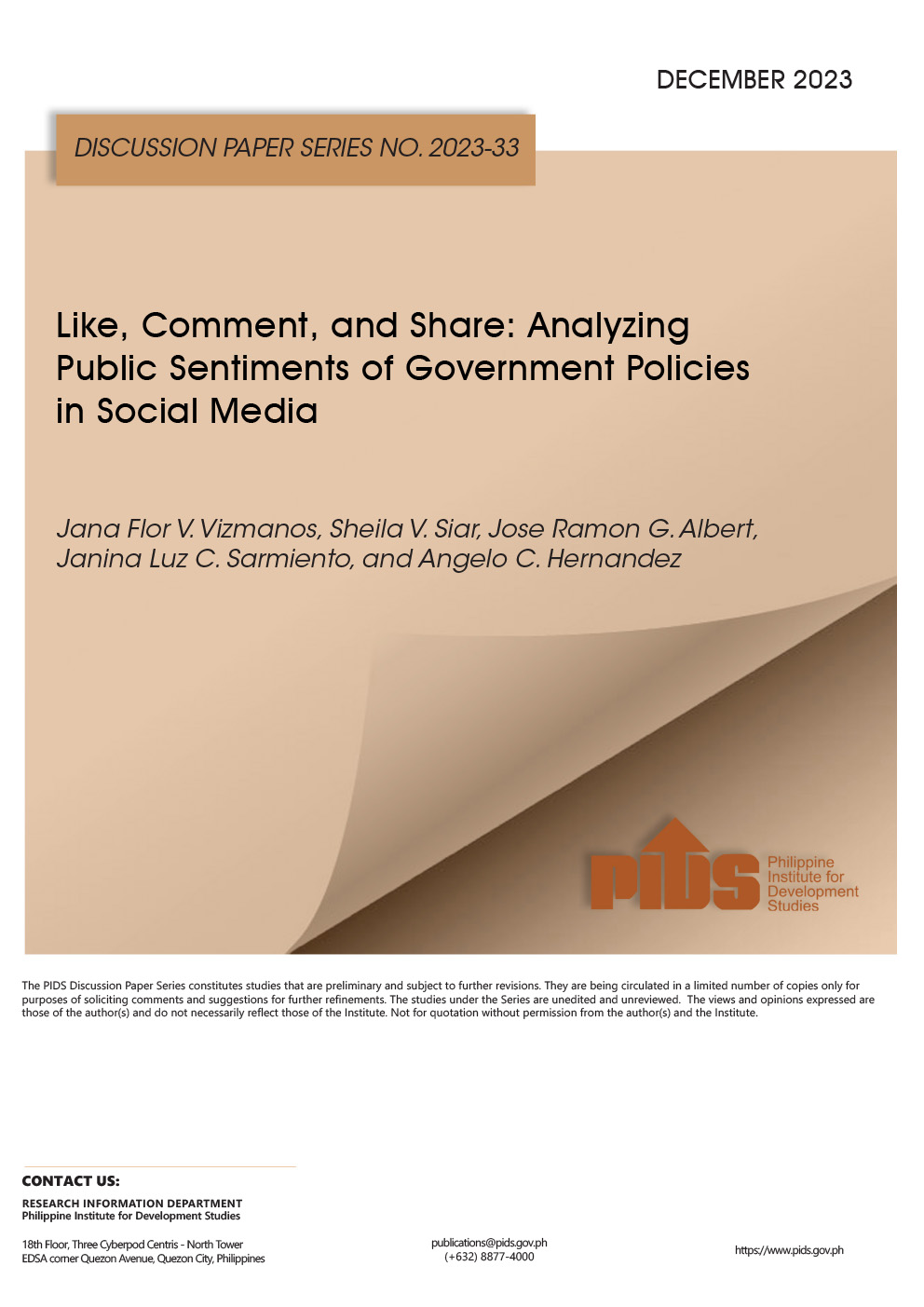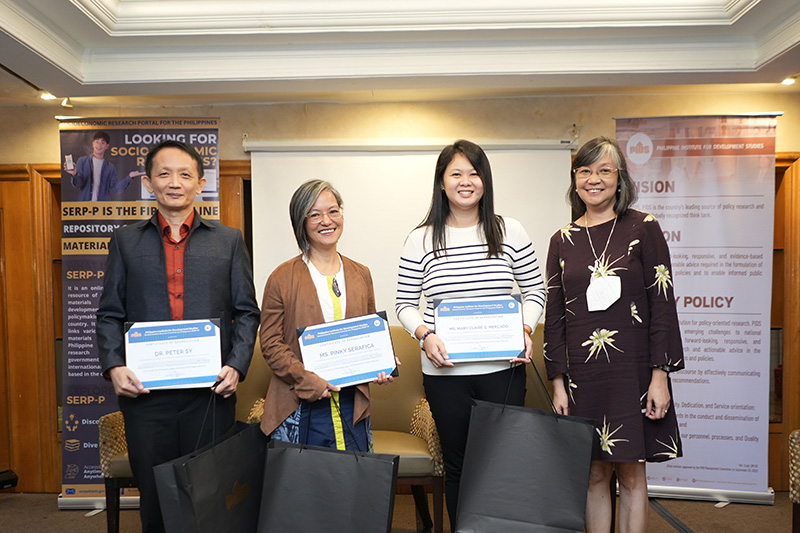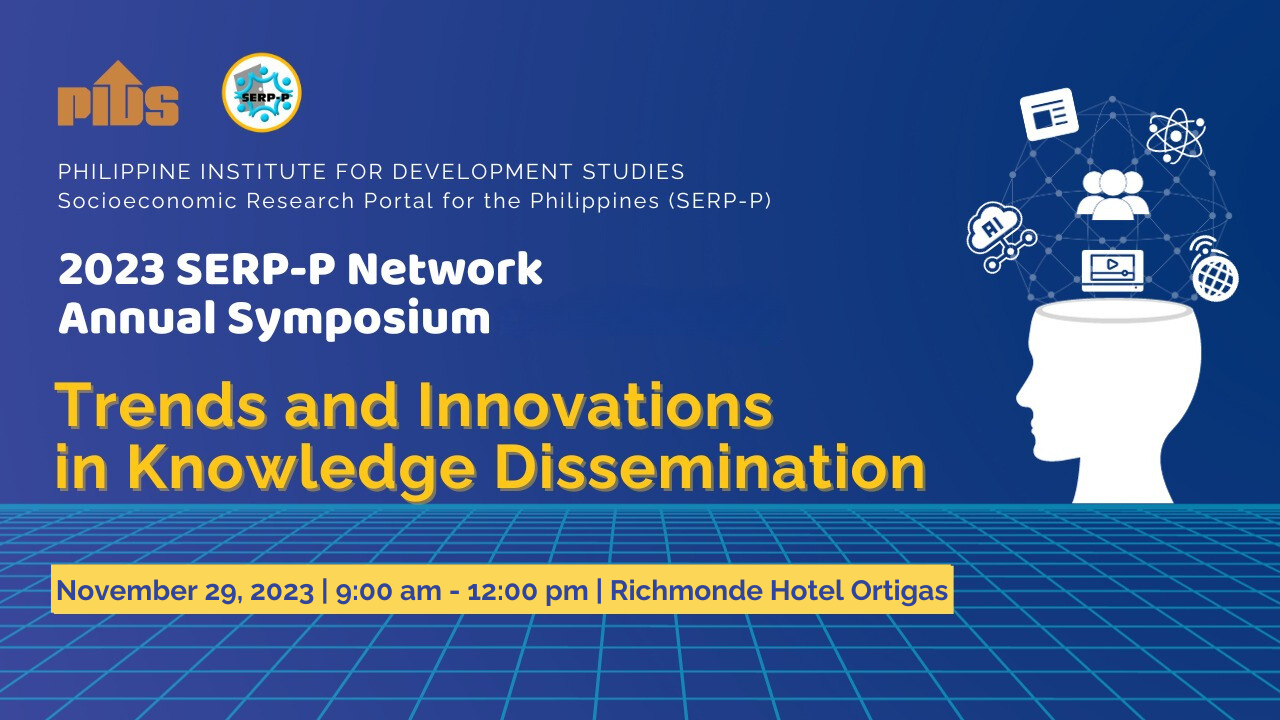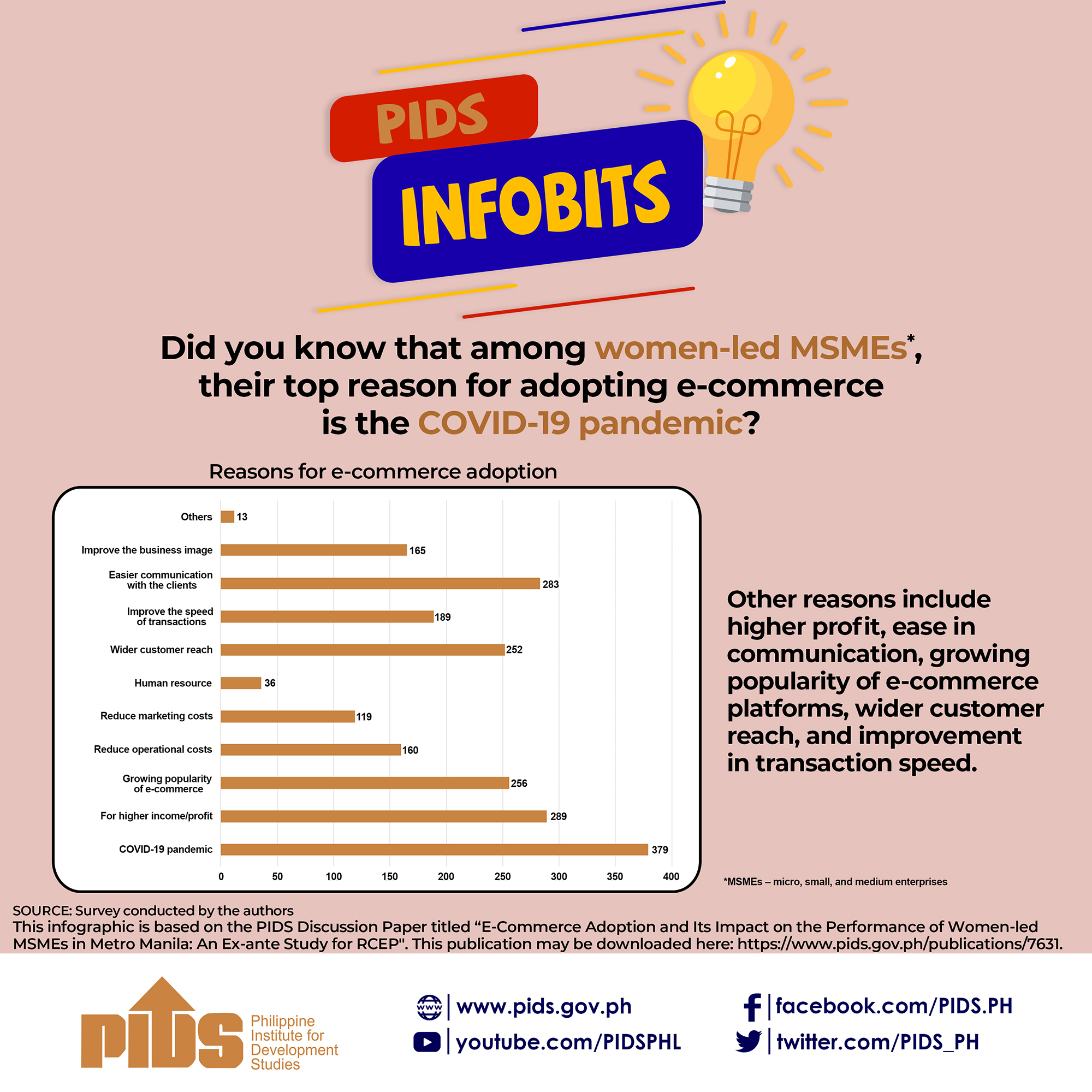MANILA - Google Trends and Facebook sentiment analysis were not designed to be representative of the electorate, a former head of the Philippines’ statistics bureau said on Tuesday.
Google Trends presents data on what Google users are searching at the moment. It trended among social media users in the days preceding the May 9 polls, with supporters of Vice President Leni Robredo pointing to the numbers generated by the tool as a counterweight to surveys showing former Senator Ferdinand “Bongbong” Marcos Jr. leading in voter preference.
Robredo was ahead of Marcos in Google Trends and had also scored highly in Facebook engagement.
But Jose Ramon Albert, senior research fellow of the Philippine Institute for Development Studies, said that while Google Trends and Facebook sentiment have qualitative value, these were not designed to capture voter intent.
Albert, who is a former head of the country’s statistics bureau, said there were issues, particularly with Google Trends.
“In the first place, not everybody has access to the net,” Albert said in an interview with ANC.
Albert earlier pointed out that there was a “digital divide” in the country, with many areas still having limited or unreliable internet access.
Another reason is that even among those who have internet access, using Google was not universal, and some don’t even know how to use the search engine properly, he added.
“Not everybody is expected to know that,” Albert added.
He said that while these digital tools are in near real-time and give some information, they can’t be used to estimate the levels of voting preferences.
Albert also defended traditional surveys, particularly Pulse Asia, saying these studies have predicted to a great degree of accuracy the results of previous elections, even down to the party-list level.
He said that surveys, when designed and done well, are the standard in tracking voting preferences.
“Even I wanted the polls to be wrong. But that’s not how things are,” he said, commenting that he also voted for Robredo.
Pulse Asia was criticized by another former head of the state statistics body for allegedly “underrepresenting” young, educated voters.
The survey firm however fended off these criticisms saying its methods are transparent and have not changed since it began conducting voter preference surveys.

